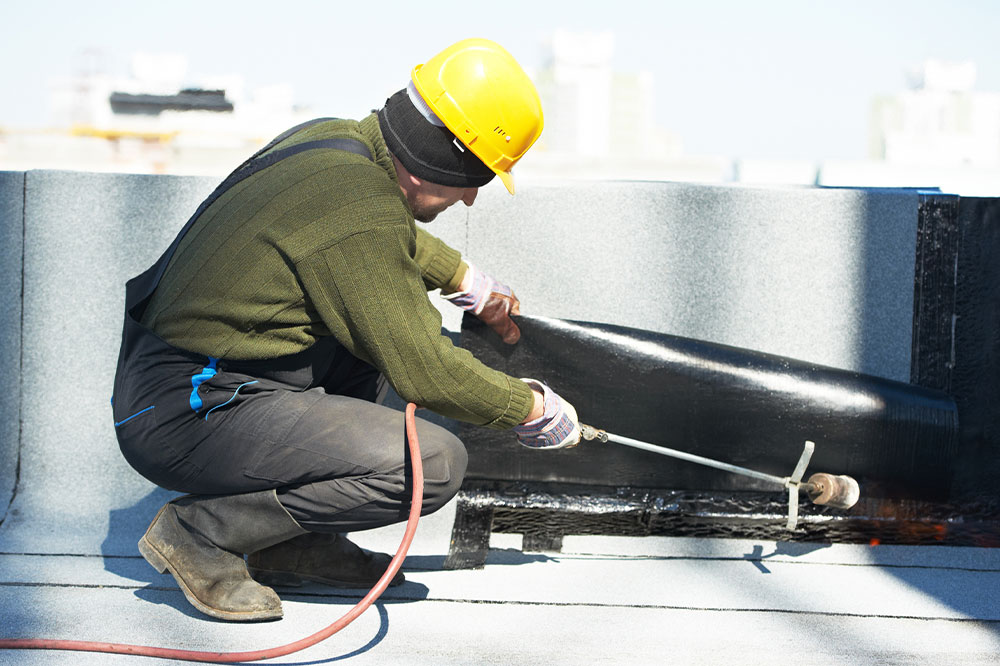
A complete guide to the uses and benefits of rubber coating
Rubber coating has emerged as a revolutionary solution with multifaceted applications in various industries. This versatile material offers a wide range of benefits , from waterproofing to providing anti-slip surfaces. Today, rubber coatings are an essential component in construction, manufacturing, and even DIY projects. It can resist moisture, abrasion, acids, skidding, and corrosion. Keep reading to explore the numerous applications and advantages of rubber coating and the benefits it offers across different sectors.
Rubber coating
The rubber coating is a flexible and durable material derived from liquid rubber or synthetic rubber compounds. It is commonly used to form a protective layer over surfaces, offering many advantages. The key properties that make rubber coatings highly sought after include their waterproof capabilities, corrosion resistance, and ability to guard against wear and tear.
Properties of rubber coating
Waterproofing
One of the most common uses of rubber coating lies in waterproofing applications. With its exceptional water-resistant properties, elastomeric coating is extensively used to seal and protect various structures. Roofs, concrete walls, and road surfaces are effectively painted using waterproof rubber paint, ensuring they remain impenetrable to water and moisture.
Corrosion protection
Rubber coatings are an excellent defense against corrosion on metal surfaces like pipes, tanks, and industrial machinery. The elastomeric coating shields these from the detrimental effects of corrosive substances and harsh environmental conditions. This corrosion resistance extends the life of the coated materials and reduces the need for frequent maintenance.
Electrical insulation
The high dielectric strength of rubber coatings makes them indispensable for electrical insulation. By insulating electrical wires, cables, and connectors, rubber prevents electrical leakage and safeguards against potential hazards.
Sound dampening
Rubber coatings possess remarkable sound-absorbing properties, making them valuable in soundproofing applications. They are used in buildings, automobiles, and industrial equipment to reduce noise vibrations.
Advantages of rubber coating
Flexibility and adaptability
Rubber coatings adhere easily to various materials, including metal, concrete, wood, and plastic. Their flexibility allows them to expand and contract with temperature changes.
Ease of application
They are available in user-friendly forms, such as spray-on or brush-on solutions. These can be easily applied without needing complex equipment or professional assistance, making them accessible to DIY enthusiasts.
Cost-effectiveness
By extending the life of surfaces and equipment, rubber coatings prove to be a cost-effective solution in various industries. They reduce the frequency of maintenance and repair, resulting in long-term money savings.
Importance of waterproof rubber paint in the construction industry
In the construction industry, waterproof rubber paint has become a game-changer. With the ability to create an impenetrable barrier against water and moisture, rubber paint ensures the longevity of structures such as roofs, foundations, and concrete structures. The paint’s seamless application provides a monolithic layer, effectively sealing cracks and preventing water from seeping through. Additionally, its flexibility allows it to withstand natural movements in the building without compromising its waterproofing capacity.
Rubber coating has revolutionized multiple industries with its diverse uses and various benefits. From waterproofing structures to soundproofing environments, its versatile properties have made it an unavoidable material for various applications. With its eco-friendly variants and cost-effective nature, rubber coating continues to gain popularity in both industrial and domestic settings. As technology advances and innovations continue to unfold, its potential keeps growing, opening new avenues for its application across sectors worldwide.




